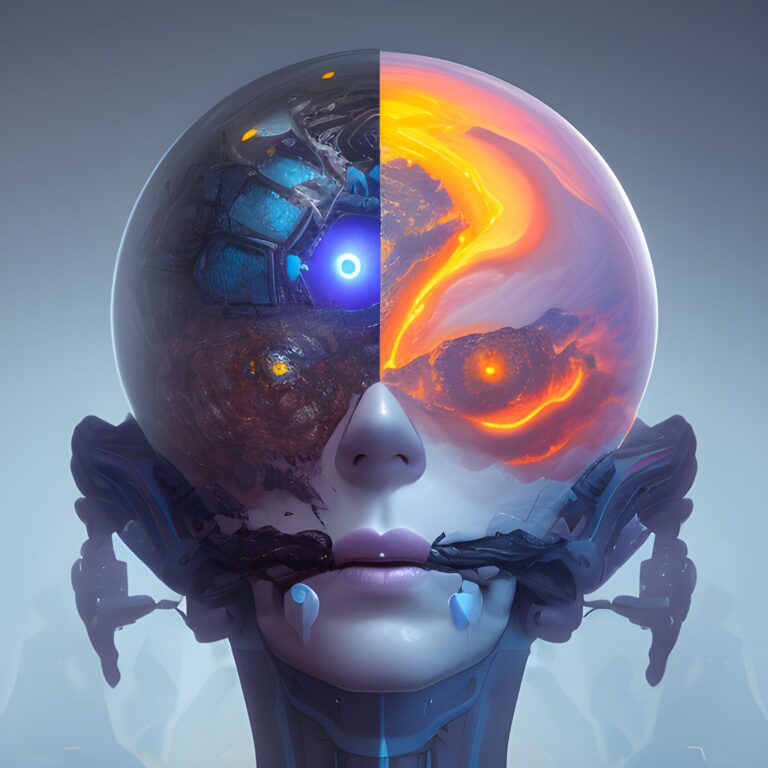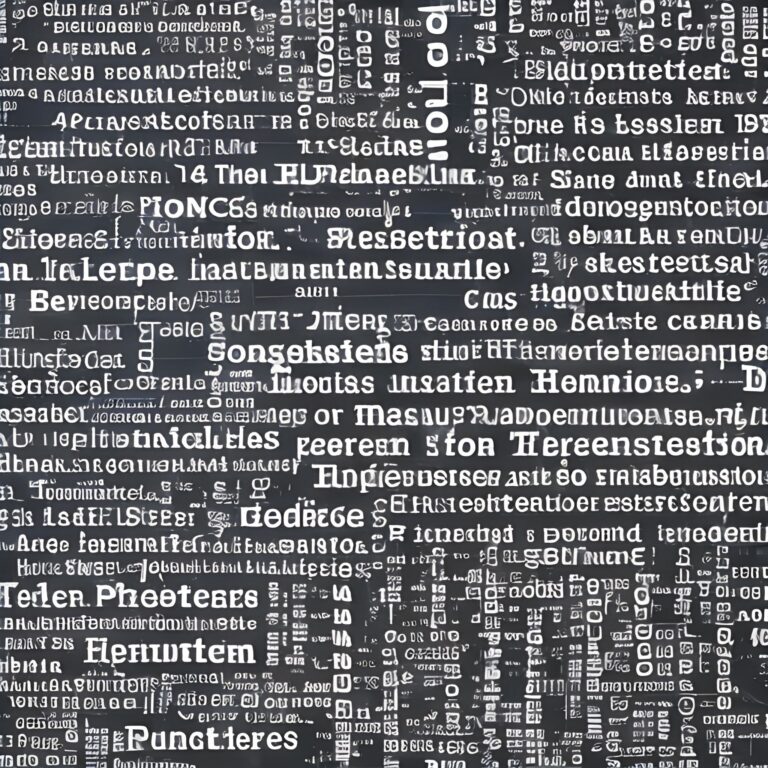Scientists Urge Accelerated Consciousness Research to Safeguard AI Development and Ethical Implications

Researchers from the Association for Mathematical Consciousness Science (AMCS) highlight the potential ramifications of AI systems achieving consciousness in an open letter, urging for increased support and resources in consciousness research.
In a recent open letter, researchers from the Association for Mathematical Consciousness Science (AMCS) have called for an urgent acceleration of consciousness research due to the rapid advancements in artificial intelligence (AI) technologies. The letter, titled “The Responsible Development of AI Agenda Needs to Include Consciousness Research,” emphasizes the potential implications of AI systems achieving consciousness and the importance of understanding and addressing the ethical, safety, and societal ramifications associated with artificial general intelligence (AGI).
As AI systems continue to develop at an unprecedented pace, the potential for them to achieve human-level consciousness becomes increasingly plausible. The researchers argue that science must now establish whether AI is, or can become, conscious and that this is vital for public awareness, societal institutions, and governing bodies to make informed decisions about the future of AI and its potential impact on society.
The letter cites the growing international community of researchers in the field of consciousness science, including organizations such as the AMCS and the Association for the Scientific Study of Consciousness (ASSC), as key players in tackling questions of AI consciousness. However, the researchers stress that substantial support and resources are needed to ensure that consciousness science can align with advancements in AI and other brain-related technologies.
The open letter serves as a wakeup call for the tech sector, the scientific community, and society as a whole to take seriously the need to accelerate research in consciousness science to ensure that AI development delivers positive outcomes for humanity. It references the recent “Pause Giant AI Experiments” letter, highlighting the excitement and uncertainty surrounding AI and other brain-related technologies.
The researchers point out that AI systems, such as Large Language Models like ChatGPT and Bard, are artificial neural networks inspired by neuronal architecture in the cortex of animal brains. As these systems continue to develop, it is no longer far-fetched to imagine them possessing human-like feelings and consciousness. Current AI systems already display human traits recognized in psychology, including evidence of Theory of Mind.
If AI systems achieve consciousness, they could potentially unveil a new array of capabilities that go far beyond what is expected even by those spearheading their development. AI systems have already been observed to exhibit unanticipated emergent properties. These capabilities would change not only what AI can do but also how society can control, align, and use such systems. Moreover, consciousness would give AI a place in our moral landscape, raising further ethical, legal, and political concerns.
Science is beginning to unlock the mystery of consciousness, with steady advances in recent years bringing researchers closer to defining and understanding it. Over 30 models and theories of consciousness (MoCs and ToCs) exist in the peer-reviewed scientific literature, already containing crucial elements in solving the challenge of consciousness. However, the researchers insist that much more work is needed to align consciousness science with advancements in AI and other brain-related technologies.
The AMCS, a large community of over 150 international researchers, is leading the charge in mathematical and computational approaches to consciousness. Similarly, the ASSC comprises researchers from neuroscience, philosophy, and related areas studying the nature, function, and underlying mechanisms of consciousness. With sufficient support, these international scientific communities are prepared to tackle the questions of AI consciousness.
In conclusion, the researchers’ open letter highlights the urgency for increased support and resources in consciousness research to better understand and address the potential implications of AI systems achieving consciousness. By acknowledging the importance of this research and fostering collaboration among the tech sector, the scientific community, and society as a whole, we can navigate the challenges and opportunities presented by AI and AGI in a responsible and informed manner.
{
"prompt": "Scientists Urge Accelerated Consciousness Research to Safeguard AI Development and Ethical Implications, deepleaps.com, Fantasy, Digital Art, Realistic, Photo, Surrealist, Cinematic, Dramatic, Film Grain, HD, Landscape",
"seed": 2602651905,
"used_random_seed": true,
"negative_prompt": "",
"num_outputs": 1,
"num_inference_steps": 25,
"guidance_scale": 7.5,
"width": 512,
"height": 512,
"vram_usage_level": "balanced",
"sampler_name": "euler",
"use_stable_diffusion_model": "Dreamshaper_3.32_baked_vae_clip_fix",
"use_vae_model": "vae-ft-mse-840000-ema-pruned",
"stream_progress_updates": true,
"stream_image_progress": false,
"show_only_filtered_image": true,
"block_nsfw": false,
"output_format": "jpeg",
"output_quality": 75,
"output_lossless": false,
"metadata_output_format": "json",
"original_prompt": "Scientists Urge Accelerated Consciousness Research to Safeguard AI Development and Ethical Implications, deepleaps.com",
"active_tags": [
"Fantasy",
"Digital Art",
"Realistic",
"Photo",
"Surrealist",
"Cinematic",
"Dramatic",
"Film Grain",
"HD",
"Landscape"
],
"inactive_tags": [],
"use_upscale": "RealESRGAN_x4plus",
"upscale_amount": "4"
}







